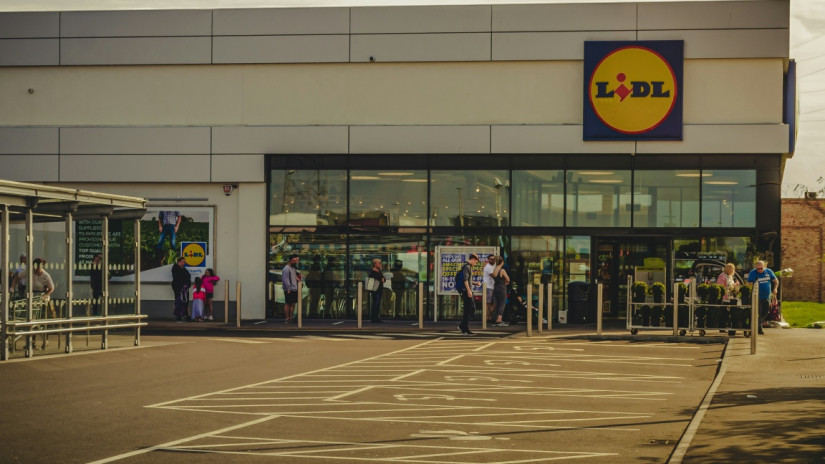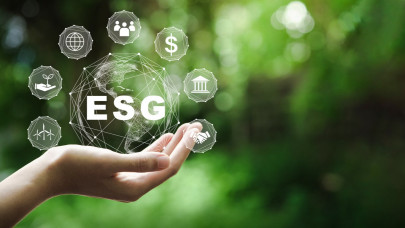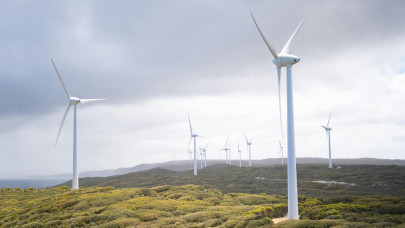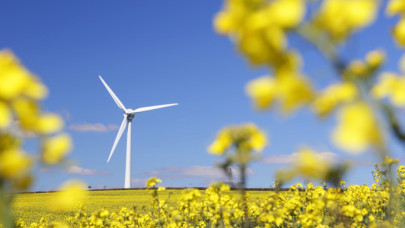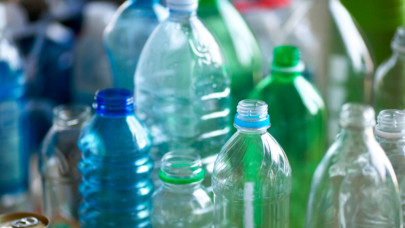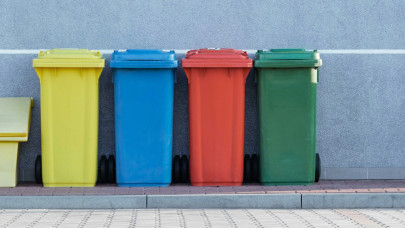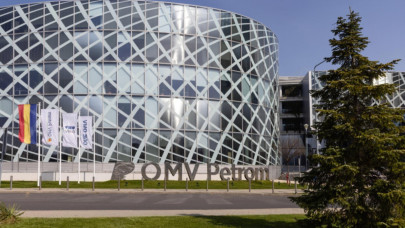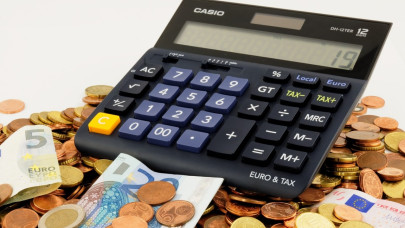Sustainability across the supply chain is a major focus for many retailers. How do you ensure that sustainability principles are consistently applied throughout its supply chain?
We are aware that our products have an impact on the planet- from the extraction of raw materials and their transformation into products to their transportation, consumption, and management when they are taken out of the supply chain. When discussing sustainability in the value chain, we look first at our operations and then down the supply chain. Our strategy is built on 6 pillars that underpin our mission to offer a sustainable range of products at the best value for money: respect for biodiversity, environmental protection, resource conservation, good behavior, health promotion, and openness to dialogue with our stakeholders.
So, in terms of the supply chain, we require a series of mandatory certifications from all our suppliers to have a confirmation of compliance with production standards.
For example, in FY 2023, the Lidl Romania portfolio included 374 organic food products and around 86 Fairtrade-certified products in both the permanent and in-and-out assortment, and all fruit and vegetables in the Lidl Market are sourced only from local producers certified GlobalG.A.P. At the same time, we constantly check the products and follow them through the production stages to ensure that they are produced responsibly.
At the same time, we aim for long-term partnerships with our suppliers, as a long-term relationship helps us to integrate new sustainable initiatives and improve existing ones with greater openness from them. Last but not least, we have a code of conduct that ensures clarity and compliance from suppliers in terms of fair, ethical, and transparent practices towards the planet's resources, society, and people.
What criteria does Lidl use to evaluate and select local fruits & vegetable producers for its supply chain, particularly regarding their sustainability practices and ESG performance?
In our business strategy, we develop local partnerships with fruit and vegetable producers with whom we implement sustainable agricultural practices.
These collaborations not only support the local economy but also help to reduce the ecological footprint and increase traceability and transparency in the supply chain while ensuring fresh, local, quality products for our customers. At the moment, we work with over 450 local fruit and vegetable producers who operate both independently and in cooperative associations.
As part of the selection and evaluation process of the local producers we collaborate with, we, Lidl Romania, follow several quality and sustainability indicators. For example, among the criteria for fruit and vegetable producers to become Lidl suppliers is the rigorous and responsible use of pesticides. They must be used responsibly and comply with Lidl's strategic list of active substances, which guides Lidl internationally.
In particular, they must be less than one-third of the EU average, as regulated by Regulation 396/2005, and have no more than five active substances per product at the time of analysis. Pesticide levels play an important role in product quality, increasing the sustainability of local agriculture, and preserving biodiversity.
That's why we are committed to testing and analyzing the fruits and vegetables that end up on our shelves. So, in 2023, we conducted over 2,300 tests, and since March to date, we've reached over 1,870 tests. Products are analyzed regularly, according to the risk category in which they have been classified by Lidl at the international level, and among the aspects that are checked are the content/quantity of pesticides or additional methods such as contaminants, where there is legislation regulating these aspects.
All suppliers in the Lidl Market (Piața Lidl) are GLOBALG.A.P. certified - a recognized standard for safe and sustainable global agricultural production, and this is a mandatory criterion for working with Lidl. The certification includes several indices that local fruit and vegetable producers must follow throughout the production chain, from food safety, traceability, responsible water use, and energy efficiency to ensuring environmentally friendly production and safe use of pesticides.
How do you work with local producers of fruits & vegetables to help them meet your sustainability standards? Are there any support programs or resources available to assist them?
Each year, we invest in research and programs that aim to promote sustainable, certified, and responsible use of soil and resources for production among local producers.
As part of a long-standing partnership with the University of Agronomic Sciences and Veterinary Medicine of Bucharest (USAMVB), we have developed a pilot method for assessing sustainability and improving farming practices in the form of a checklist. Through this method, various aspects of the production chain are checked, such as the careful use of basic agricultural resources, including water, soil, climate and biodiversity. Depending on the results obtained from the evaluations, USAMVB specialists provide expert guidance under the program to improve areas that may have negative environmental impacts, as well as to improve farm management.
For example, for water conservation, we encourage producers in our portfolio to use groundwater for irrigation on the largest possible scale and to consider installing low-water-use systems with localized drip and micro-sprinkler irrigation. For soil conservation, we recommend that they integrate into their crops varieties or hybrids of plants that are resistant to climate change or specific agricultural diseases, incorporate organic residues in the soil in the form of compost, use biopesticides, and implement certain measures to protect biodiversity and attract pollinators.
This approach started with a test, in 2022, together with specialists from USAMVB, we applied the module to 3 local producers to make possible updates and adjustments, and then we launched it on a larger scale. By the end of 2023, we have applied this evaluation method to 69 local vegetable and fruit producers, and another 50 producers are being evaluated this year. For next year, for the time being, we are planning to extend this assessment to another 39 producers.
In addition, our team is in constant contact with our vegetable and fruit producers, which allows us to find long-term solutions in advance and thus overcome together situations that could have consequences for the environment. Moreover, we are constantly on the field with our local producers to inspect their crops and find out the challenges they face. We also facilitated the link between suppliers and specialists from USAMVB, who helped them with specialized solutions for sustainable production development. During these visits, we analyzed aspects from the harvesting flow to the preparation of products for delivery and offered our partners solutions to streamline this process.
We are also in constant contact with the GLOBALG.A.A.P. certification body to keep up to date with the development of international agricultural standards and to be able to inform and prepare our suppliers in advance on the next steps needed to meet any additional requirements.
What future goals does Lidl Romania have for enhancing its sustainability and ESG practices in the supply chain? Are there any upcoming projects or initiatives aimed at further improving local agriculture?
In recent years, due to the significant impact of climate change on agriculture - the increase in the frequency and intensity of extreme weather phenomena, as well as prolonged periods of drought causing losses in agriculture, Romanian producers have had to find solutions to adapt their agricultural practices to climate stress. In light of these challenges, agricultural research in Romania has become increasingly important, as has investment in this area of development. It is a sector with huge potential which needs massive investment, not just subsidies. The most recent Romanian research project supported by us, Lidl, is one developed by Hektar Seeds - the only private research center in Romania that promotes the special genetics of Romanian hybrids. As times have changed, there is a great need for Romanian research in the country to support local vegetable production by adapting seeds and varieties, especially to the current climatic conditions.
Since the second part of July, this year, we have had the first Romanian vegetables on the shelves this season, resulting from Romanian research. To obtain this harvest, we have collaborated with 3 local producers and 2 cooperatives, participating in this program, who have taken the seeds from Hektar, and all the harvest from these seeds is purchased by us. Following the results on the shelf and following the feedback received from the producers - these varieties have adapted to this year's climatic conditions, and they have been resistant to excessive heat as well as drought, we plan to continue this program next year, we are already planning to continue this program next year, we are already planning calibration discussions with both Hektar Seeds and our producers.
In the long term, we aim to contribute to the development of sustainable local agriculture by promoting organic farming and regenerative farming practices, which contribute to soil health and biodiversity conservation, among our partners. At the same time, we are looking for new partners: we are looking for local suppliers to work with to have an even shorter supply chain. Romanian producers have great growth potential for certain products (apples, onions, potatoes, for example), but we have identified a need to expand or create temperature-controlled storage facilities to allow producers to supply us throughout the year, not just at the peak of the Romanian season.

